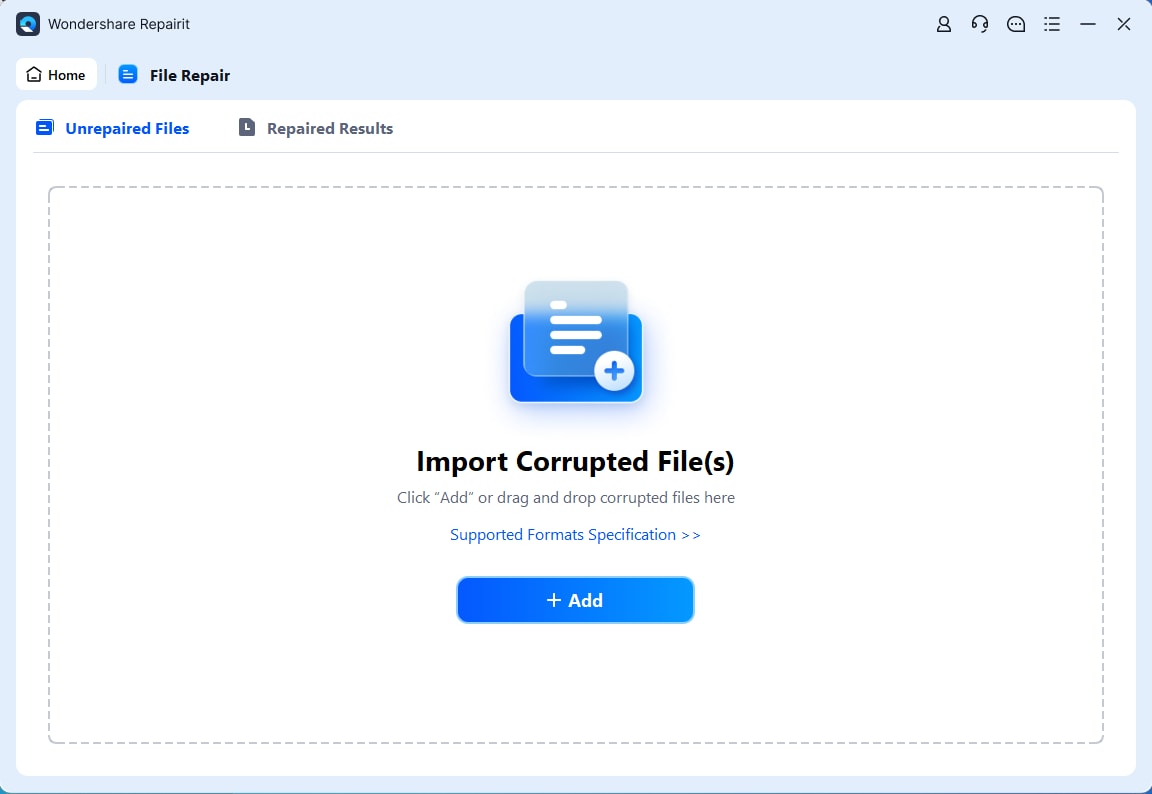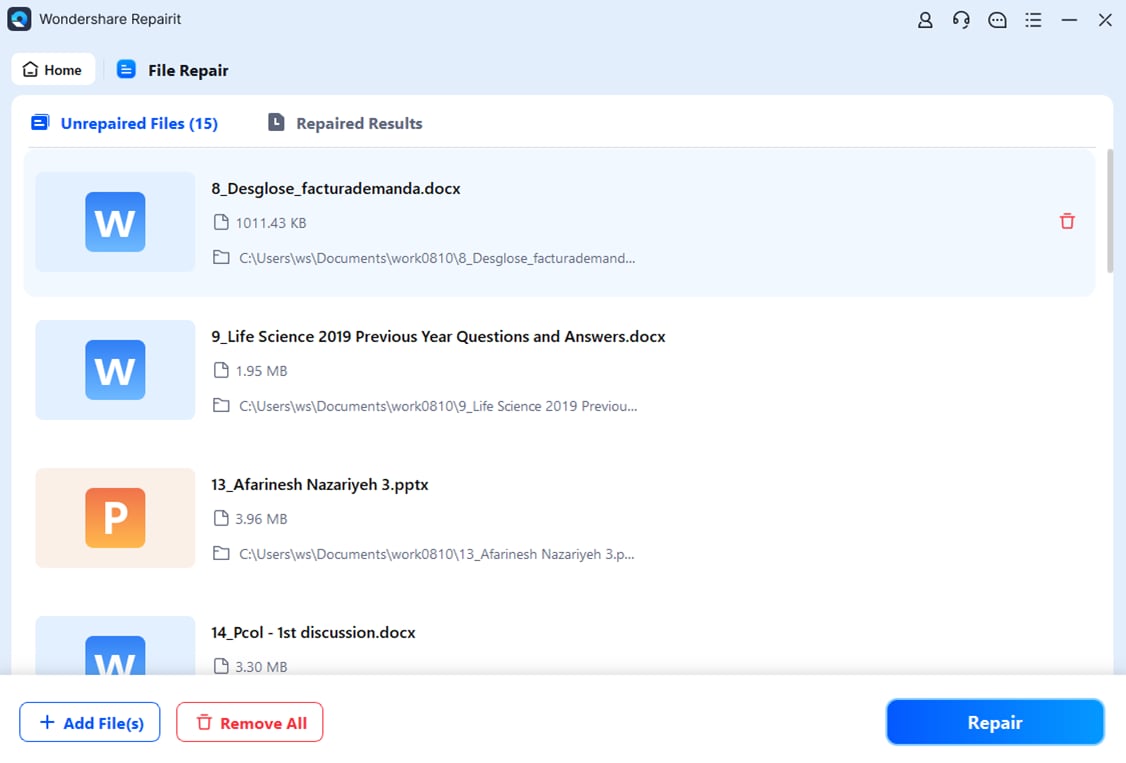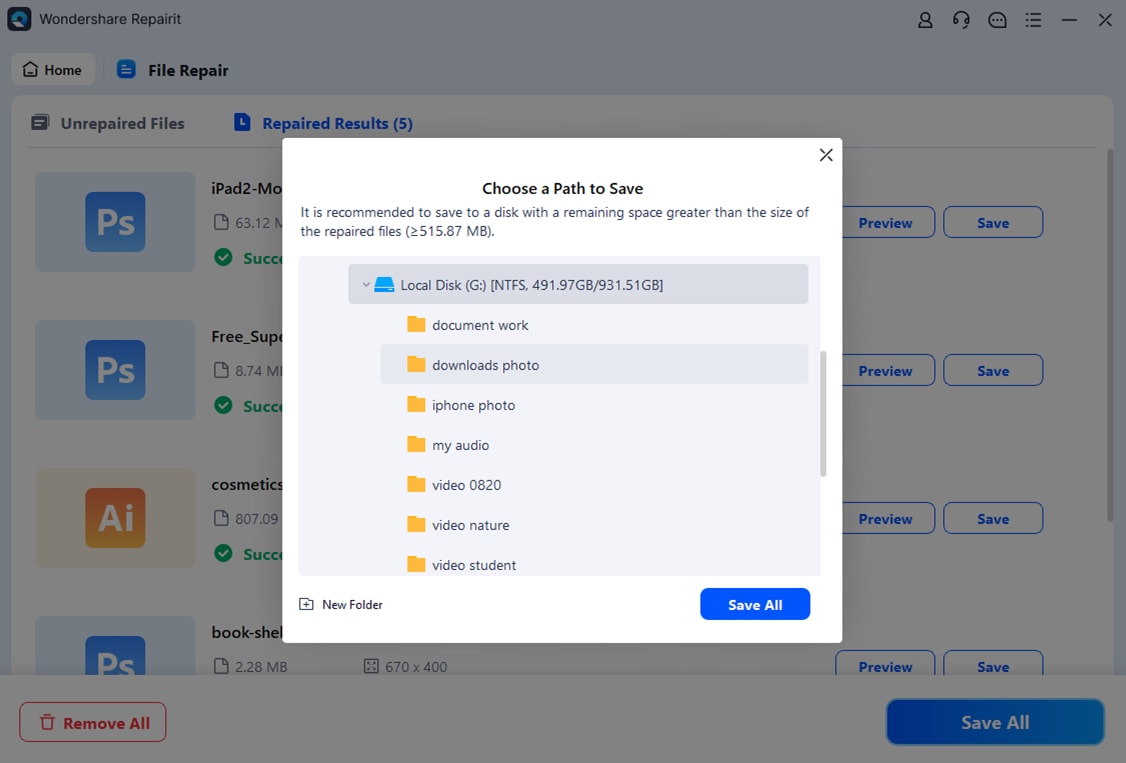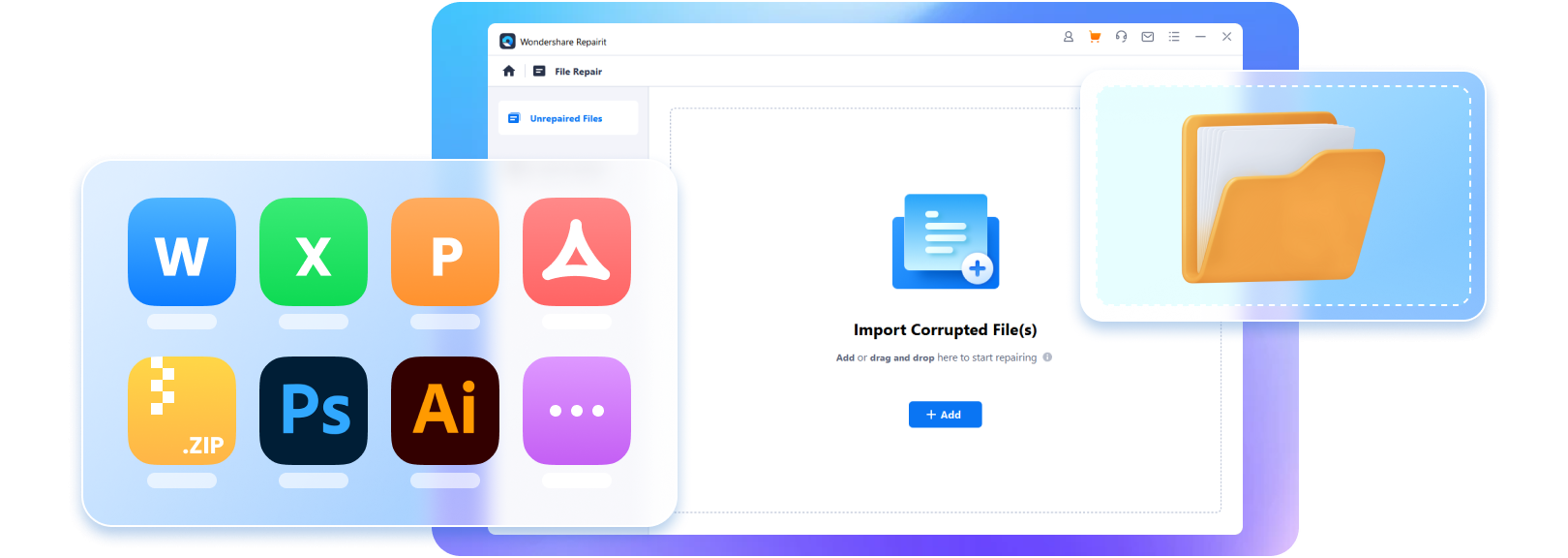Ever downloaded a file on Linux that ends in .zip? Those are compressed files, and you'll need to unzip them to access their contents. Unzipping files on Linux doesn't have to be a headache. It is simply the process of extracting files from a compressed archive in the ZIP format. This process is a useful skill to have, whether you're experienced with Linux or just starting out.
In this article, we'll guide you through each step of the process. Our goal is to simplify the process, so you'll feel confident in your ability to unzip files on Linux effortlessly by the end of this guide.
In this article
Part 1: Understanding ZIP Files on Linux
ZIP files are compressed archives that contain multiple files and folders zipped into a single file to save space and time during download. They're handy for bundling up stuff you want to share or save together. On Linux, you'll often come across them when downloading software, documents, or even images from the internet.
An example is when you're sharing a bunch of photos with a friend. Instead of sending them one by one, you can put them all in a folder and send the single and smaller file. That's the basic idea behind ZIP files. They are commonly used to:
- Reduce file size: Using ZIP compression makes it easier to share or store lots of files by reducing their size, saving space on your device.
- Organize files: A ZIP file lets you group these photos into separate folders within the archive. It makes them easier to handle.
- Easier transmission: Sending a single ZIP file is often faster and more convenient than sending many individual files.
- Compress any file: ZIP files can compress not just pictures, but any digital file like documents, music, or software, making them useful for sharing and organizing different kinds of data.
Unzipping a file means taking out the original files from a ZIP archive. This reverses the compression, making the files use more space again, and puts them in a specific place on your computer where you can use them like normal. Unzipping is an easy but important step to access what's inside a ZIP file.
Part 2: Step-by-step Guide on How to Unzip Files on Linux
There are two different ways to unzip your file on Linux. You can choose from using a GUI tool or Linux’s command line. No matter what method you choose, both ways are easy and will help you to easily unzip files on Linux.
Here is a quick guide on how to unzip files in Linux using a GUI Tool:
Step 1: Find a reliable GUI Tool. Ubuntu is one example.

Step 2: Go to the ZIP file you want to unzip.

Step 3: Right-click on it and choose Extract Here if you want to put your file in the same folder. Choose Extract to if you want your unzipped file in a different folder.

If you don’t want to download a software, unzip files in Linux using Linux’s command line instead.
Step 1: Search the terminal on your computer and open it.
Step 2: Type cd followed by the path to the folder where your file is located. For instance, if your file is in the Documents folder: cd Documents

Step 3: After that, use the unzip command unzip <myfile.zip> to extract your zipped file. Replace <myfile.zip> with the actual name of your file.

Step 4: Choose where you want to extract the files to. Use the command unzip <myfile.zip> -d <destination>. Replace <destination> with the name of your desired folder. For example: unzip Compress1.zip -d compressed

Step 5: Double-check that the files were successfully extracted by using the ls command. In that way, you’ll be able to see the list of files and make sure everything's there.

Remember, Linux commands are case-sensitive. Make sure you're using the right capitalization for your file and folder names. If you want to learn more about how to use the unzip command, you can check out its manual page by typing man unzip in the terminal.

Part 3: Best Tool to Repair Corrupted ZIP Files
When it comes to digital files, ZIP archives have been a cornerstone for compressing and storing data efficiently. However, like any other digital format, ZIP files can encounter corruption issues. Repairing these corrupted ZIP files should be done to effectively unzip files on Linux.
Repairit ZIP File Repair is a trustworthy tool for fixing damaged ZIP files easily, thanks to its user-friendly design and powerful features. Even if you're not tech-savvy, its smart algorithms help recover ZIP archives effectively.

-
Repair damaged Zip files with all levels of corruption, including Zip files not opening, Zip folder is invalid, CRC error, etc.
-
Repair damaged or corrupted Zip files caused by any reason, such as system crash, file format change, virus attack, etc.
-
Perfectly repair corrupted Zip files with a very high success rate, without modifying the original file.
-
Automatically decompress, extract, and restore repaired files to their original states
-
Enable batch repair for ZIP files and files larger than 1G.
-
Repairit supports repairing damaged or corrupted PDF, Word, Excel, Zip, and PowerPoint files, support all file formats and versions.
One of the standout features of Repairit File Repair is its ability to handle a wide range of ZIP corruption scenarios. This tool is easy to use but it employs advanced techniques to recover ZIP files. With just a few clicks, users can initiate the repair operation.
Furthermore, Repairit File Repair’s preview functionality feature enables users to ensure that the repaired ZIP archive meets their expectations. Repairit facilitates batch processing. It allows users to simultaneously repair multiple corrupted ZIP files, thereby saving time and effort.
Step-by-step guide to repair corrupted ZIP files using Repairit File Repair:
Step 1: Click on 'More Types Repair', choose 'File Repair', then use the '+Add' button to add the corrupted ZIP file(s) to the software.

Step 2: After adding the ZIP files, press 'Repair' to start fixing them.

Step 3: After repairing the ZIP files, the software allows you to preview them. If they're fine, click 'Save' to store them in your selected folder.

Repair Corrupted ZIP Files with Repairit ZIP Fixer Now

Can't open zip files in Windows 10/11? You can fix the problem quite easily by following this video.
Conclusion
Unzipping files on Linux is made simple in this article. You can use either a graphical user interface (GUI) tool or the command line to extract the contents of a ZIP archive. With the information we provided, you should be able to unzip files on Linux with confidence.
FAQ
-
Can I password protect a ZIP file in Linux?
Yes, you can password protect a ZIP file in Linux using the zip command with the -P option followed by the desired password. For example: zip -P mypassword protected.zip file1.txt file2.txt. This command will create a ZIP Image named protected.zip with the password mypassword. -
How do I create a ZIP file in Linux?
To create a ZIP file in Linux, you can use the zip command followed by the name of the ZIP archive you want to create and the files or directories you want to include in the archive. For example: zip archive.zip file1.txt directory/. This command will create a ZIP Image named archive.zip containing file1.txt and all files and directories within directory/. -
Can I open ZIP files on other operating systems?
ZIP files are like a universal language for compressed files. They can be opened on Windows, Mac, mobile devices, and other operating systems using built-in tools or extra programs. There are also websites that let you unzip files directly in your web browser. This wide compatibility means you'll likely be able to access the goodies inside a ZIP file no matter what device you're using.


 ChatGPT
ChatGPT
 Perplexity
Perplexity
 Google AI Mode
Google AI Mode
 Grok
Grok

